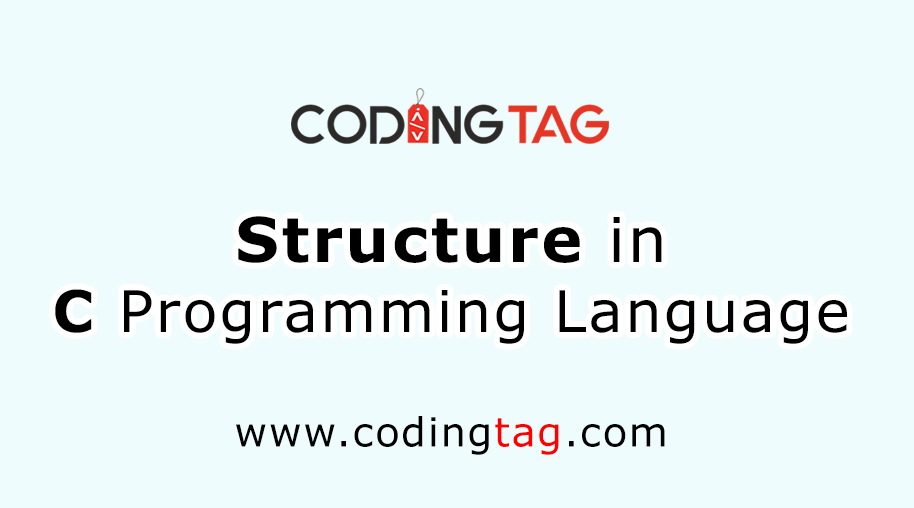Flow of C Program
0 1130
The execution flow of a C program is a fundamental concept that describes how the program's instructions are processed and executed from start to finish.
This flow encompasses various stages, including initialization, variable declarations, statement execution, function calls, and termination.
Let's delve deeper into each stage to understand the intricacies of the C program's execution flow.
Diagram:
1 Program Start:
When a C program is executed, the operating system loads the program into memory and begins the execution from the main() function.
2Initialization:
Before executing any code, the C runtime environment performs initialization tasks like setting up the stack, heap, and global variables.
3 Include Header Files:
The #include directive is used to include header files that contain function prototypes, macro definitions, and other declarations needed for the program.
#include<stdio.h>
4 Global Declarations:
Global variables and static variables are declared and initialized. These variables have a global scope and can be accessed throughout the program.
int global_var = 10;
5main() Function:
The main() function serves as the entry point of the program where the execution begins and ends.
int main() {
6 Local Variable Declarations:
Inside the main() function, local variables are declared and initialized. These variables have a limited scope and are accessible only within the block where they are declared.
int local_var = 20;
7Statements and Expressions:
The program executes statements and evaluates expressions sequentially. This involves arithmetic operations, conditional statements, loops, and other C language constructs.
printf("Global variable value: %d\n", global_var);
8 Function Calls:
Functions are called to perform specific tasks or operations. This includes predefined library functions, user-defined functions, and recursive function calls.
display();
9 Return from main():
The main() function returns an exit status to the operating system upon completion. return value of 0 usually indicates successful execution, while a non-zero value indicates an error or abnormal termination.
return 0;
10 Termination:
After executing the main() function and performing cleanup tasks, the program terminates, and the operating system releases the allocated resources like memory, file handles, and other system resources.

Share:








Comments
Waiting for your comments